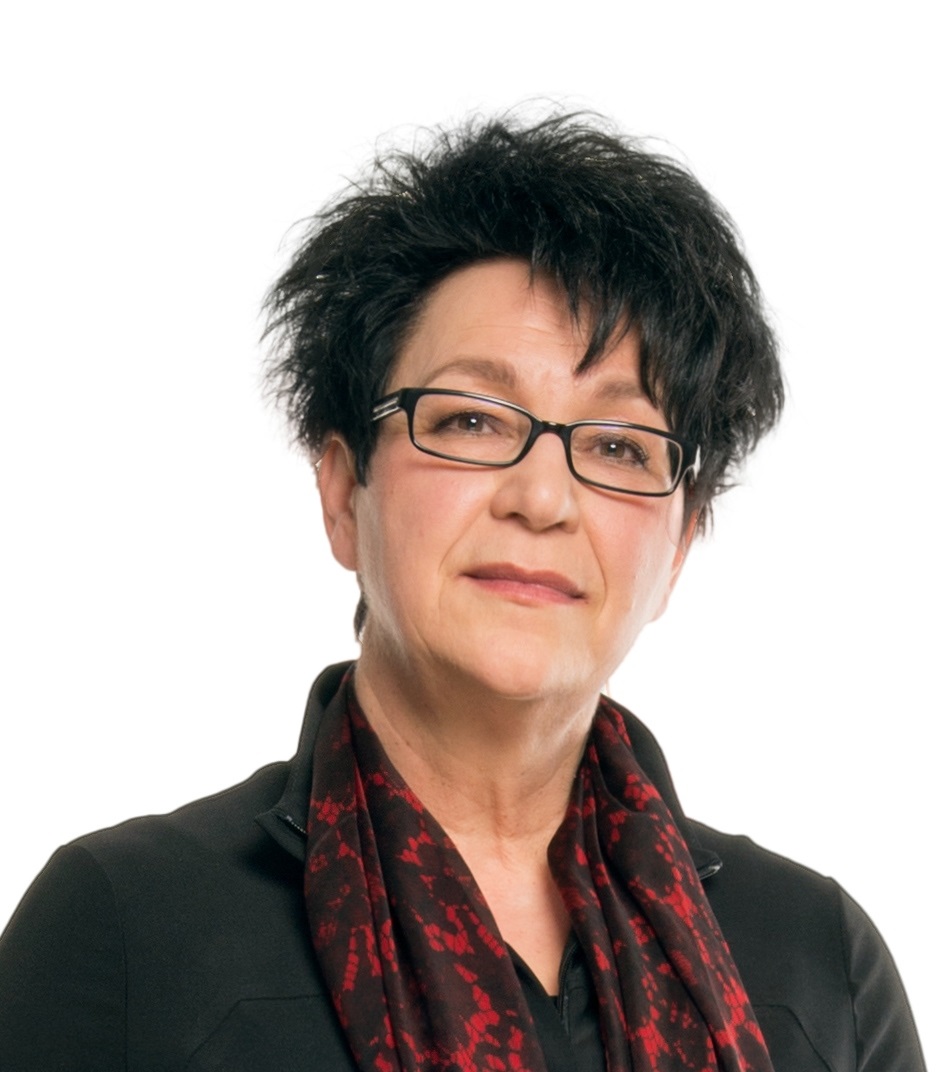Toward a sustainable future: Energy systems research at UAlberta
Ashley Rabinovitch - 28 January 2021

Anne Naeth will discuss the University’s groundbreaking interdisciplinary research program on energy systems at her I-Week Global Goals Talk on Tuesday, February 2nd. The full schedule can be found here.
At one point in time, Anne Naeth considered pursuing a career in medicine. All it took was a single environmental issues elective to ignite her passion for sustainable energy systems and environmental preservation, leading her in a bold new direction.
Today, as a professor of Land Reclamation and Restoration Ecology at the University of Alberta, Naeth directs the Energy Systems Signature Area and Future Energy Systems (FES) Research Program. “Designating energy systems as a Signature Area speaks to the strong emphasis the University places on leading in this critical area of research,” she affirms. “We have arrived at a moment in time in which global events are opening people’s eyes to the overwhelming impact we are making on our environment.”
Most of Naeth’s research has focused on land reclamation, defined as the process of converting disturbed land to its former or other environmentally sustainable uses. “Not many people were really talking about land reclamation when I was in school,” she remembers. While earning a Master of Science degree at the University of Alberta, Naeth became the University’s first land reclamation student. Over the years, the development of sustainable energy systems has fueled her land reclamation efforts and expanded her scope of interest.
Keeping UN Sustainable Development Goal (SDG) 7: Affordable and Clean Energy at the forefront of their mission, Naeth and her team in FES study the integration of emerging energy technologies into current infrastructure through a social, economic, and environmental lens and explore solutions for obstacles presented by current energy systems. Currently, their research directions fall into four primary buckets: responsible hydrocarbon energy development, mitigating the environmental impact of existing energy technologies, efficiently harnessing renewable energy, and ensuring that societies and communities are informed and considered in decision making.
With more than 100 projects to date, utilizing the expertise of nearly one thousand graduate students, postdoctoral fellows, and researchers, UAlberta has produced countless examples of leading-edge energy research under Naeth’s leadership. Recently, members of her team have leveraged machine learning and advanced carbon capture materials to offer innovative solutions to multiple industries, including oil and gas. For one project, they are developing biomaterials to absorb contaminants in the environment. For another, a student is using chicken feathers that have been ground up and converted into a material that becomes absorbent. “We’re going in some fascinating directions,” Naeth affirms.
A self-proclaimed optimist, Naeth envisions significant global progress toward SDG 7 by 2030, but she places the onus on each individual to catalyze change. “There’s no magic solution that’s going to accomplish everything we need to achieve our goal,” she stresses. “We’re all part of the problem and part of the solution as we make daily choices about the energy we use.”